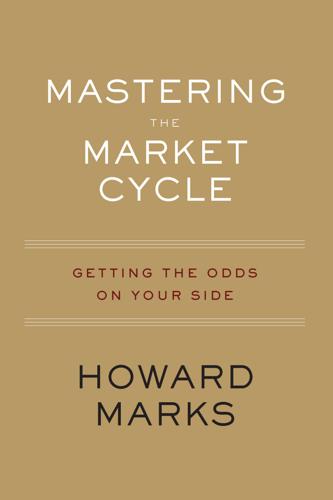
Mastering the Market Cycle: Getting the Odds on Your Side
by
Howard Marks
Published 30 Sep 2018
And while the errors leading up to the Global Financial Crisis were easily recognizable, the timing of their correcting was absolutely beyond predicting. The best investors can do is act in light of what they see in the environment. But they must bear in mind what John Maynard Keynes is reputed to have said: “The market can remain irrational longer than you can remain solvent.” ∾ To close on the subject of dealing with cyclical events, I want to provide one more example, from 1991. Leveraged buyouts had boomed in the 1980s, thanks to the ability of buyers of companies to access significant amounts of debt capital, often ranging up to 95% of the total purchase price.
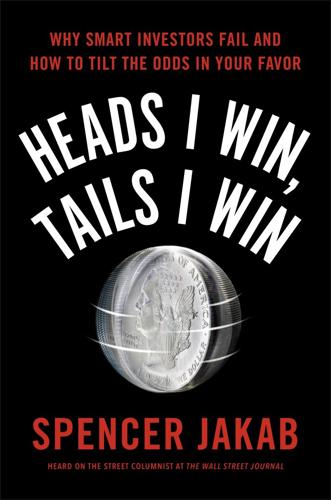
Heads I Win, Tails I Win
by
Spencer Jakab
Published 21 Jun 2016
Under that selling pressure, surefire bets started exhibiting irrational prices as too many traders sprinted for the exits at once. Irrational doesn’t mean impossible—a key distinction the eggheads at LTCM failed to appreciate. As they all surely knew, the great economist (and successful investor) John Maynard Keynes famously said decades earlier that “the market can remain irrational longer than you can remain solvent.” Those price moves, magnified by LTCM’s gargantuan leverage, soon created gigantic losses on paper for the fund, worrying the people who had lent it well over $100 billion. The blood in the water attracted sharks from the same firms. When those banks got a detailed look at what sorts of bets they were financing, some began making profitable trades based on the correct assumption that there was about to be a huge distressed seller—namely, LTCM.
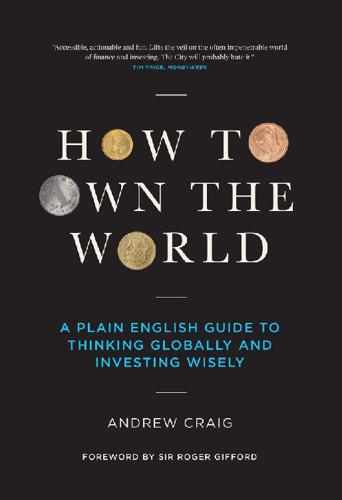
How to Own the World: A Plain English Guide to Thinking Globally and Investing Wisely
by
Andrew Craig
Published 6 Sep 2015
Many of the best-informed market commentators saw what was happening and had started highlighting the likelihood of a crash some years ago. As often happens, many of these folk ended up looking foolish as they called the top time and again and then saw the market carry on going up. As John Maynard Keynes said: “The market can remain irrational longer than you can remain solvent.” Put another way, this is a classic example of “greater fool theory”. As long as there was a “greater fool” and an equally foolish bank willing to fund them, the market carried on going up, even though people were making quite ridiculous decisions about the “value” of the property they were buying.
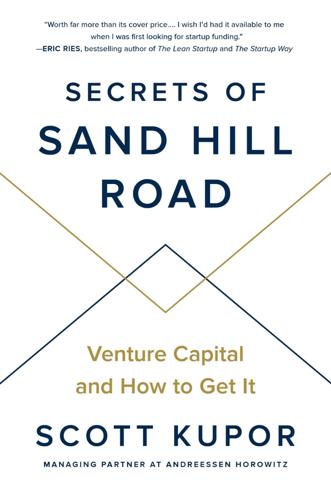
Secrets of Sand Hill Road: Venture Capital and How to Get It
by
Scott Kupor
Published 3 Jun 2019
But, the IPO allowed us to raise sufficient capital to give ourselves a shot at success without having to give up day-to-day control of the business. “Live to fight another day” is another great startup mantra to always keep front and center in your mind. Of course, as John Maynard Keynes reminded us, this applies to almost every financial endeavor: “The markets can remain irrational longer than you can remain solvent.” Cash is undoubtedly king in the startup world—and in the business world more generally. But perhaps the most poignant phrasing of this lesson that I ever heard came from the late Bill Campbell. Bill is a Silicon Valley legend (Apple, Intuit, GO Corporation, Google, etc.) and in his later years was referred to as “Coach,” for he spent tireless hours coaching entrepreneurs as they were building their businesses.
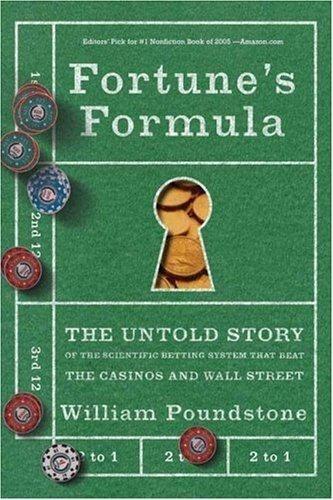
Fortune's Formula: The Untold Story of the Scientific Betting System That Beat the Casinos and Wall Street
by
William Poundstone
Published 18 Sep 2006
In delta hedging, the paper profit (or loss) of any small change in the price of the stock is offset by the change in the price of the warrant. You make money when the “irrational” price of the warrant moves into line with the price of the stock. John Maynard Keynes is famous for remarking that the market can remain irrational longer than you can remain solvent. It does little good to buy something at an irrational price unless you are sure you can sell it for profit at the “reasonable” price. You have to know when all those other “irrational” people will come to their senses and agree with you. That was the beauty of Thorp’s scheme.
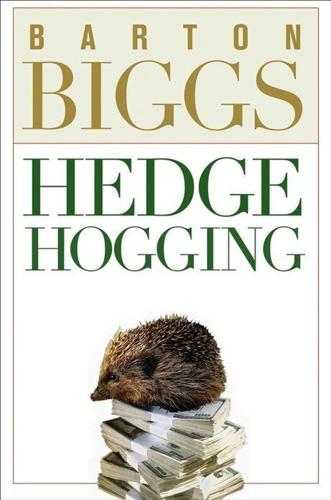
Hedgehogging
by
Barton Biggs
Published 3 Jan 2005
My father had always disapproved of our somewhat raunchy stock selection, questioning whether our new-era stocks were real companies and warning about the increased level of speculation. In late May, I had lunch with him at the Bank of New York. He was sympathetic, but when I complained that the market was irrational, he paraphrased John Maynard Keynes to me. “Unfortunately the markets can remain irrational longer than you can remain solvent. I advise damage control,” he said. We survived, but May 1970 was a lesson I will never forget.When you are managing risk in a portfolio, you always have to remember that there is a possibility of a catastrophic outcome. Markets are prone to extremes, both up and down.
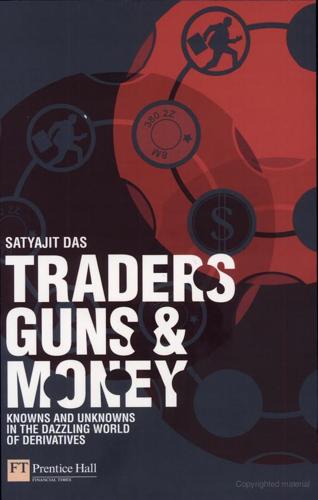
Traders, Guns & Money: Knowns and Unknowns in the Dazzling World of Derivatives
by
Satyajit Das
Published 15 Nov 2006
They would hedge against the liquidity risk that had scuppered LTCM. LTCM’s experience with mathematical finance and risk modelling did not discourage others; its models had just been faulty, not advanced enough. They would build better, more sophisticated models. John Maynard Keynes observed that ‘the market can remain irrational longer than you can remain solvent’. DAS_C06.QXP 8/7/06 176 4:43 PM Page 176 Tr a d e r s , G u n s & M o n e y Mean risk Risk management constantly changes, perhaps to make it more difficult to measure progress or achievement. The focus is now on operational risk or ERM (enterprise risk management) which encompasses personnel risk, operations risk, systems risk and legal risk.
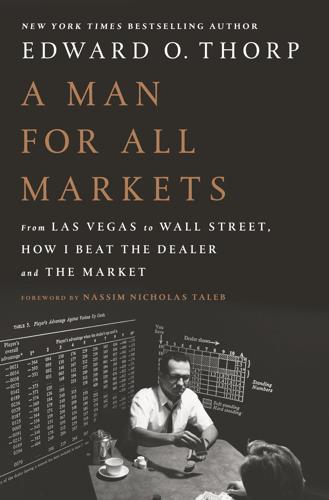
A Man for All Markets
by
Edward O. Thorp
Published 15 Nov 2016
Examples include the savings and loan boom in the 1980s, the tech stock overvaluation in 1999–2000, and the great inflation in housing prices that peaked in 2006. Making a profit is trickier. Like a Ponzi scheme, it’s not easy to tell when it will end. If you bet against it too early you can be ruined in the short run even though you are right in the long run. As Keynes said, the market can remain irrational longer than you can remain solvent. What about avoiding losses? Once you spot the bubble, you simply don’t invest in it. However, there is the problem of spillover damage or contagion. The collapse of housing prices from 2006 to 2010 didn’t just hurt speculators and those who bought too late. Derivatives spread the damage throughout the world.
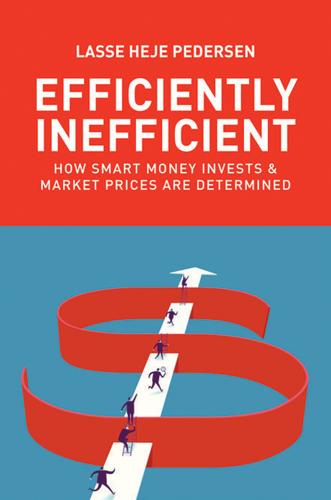
Efficiently Inefficient: How Smart Money Invests and Market Prices Are Determined
by
Lasse Heje Pedersen
Published 12 Apr 2015
Since fixed-income securities usually have a finite maturity, convergence must eventually happen, but the sooner it happens, the more profitable the trade. The biggest risk in convergence trades is that the trader is forced to unwind the trade when the price gap widens and the trade loses money. The economist (and trader!) John Maynard Keynes expressed this risk well: The markets can remain irrational longer than you can remain solvent. Typical examples of fixed-income arbitrage trades include on-the-run versus off-the-run Treasury bonds, yield curve trading, betting on swap spreads, mortgage trades, futures-bond basis trades, and trades on the basis between bonds and credit default swaps (CDS). Another classic arbitrage trade is convertible bond arbitrage.
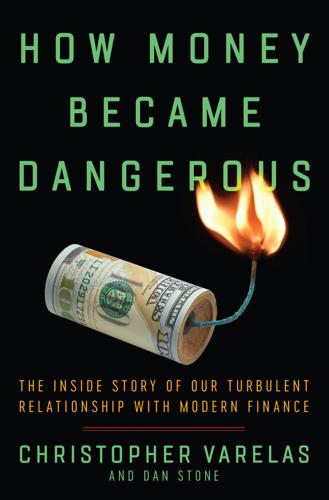
How Money Became Dangerous
by
Christopher Varelas
Published 15 Oct 2019
When spreads were wide, he would bet that they would tighten; when spreads were historically tight, he would bet that they would widen. And because he had Salomon’s huge balance sheet at his disposal, he had enough money to wait until he was ultimately right. The British economist John Maynard Keynes is often credited with saying: “The market can remain irrational longer than you can remain solvent.” Backed by Salomon’s coffers and a good deal of luck, Meriwether disproved that statement—for a time. After he left Salomon, he formed a hedge fund, Long-Term Capital Management. There he made bets using the same theory, but it didn’t work, since his models (undoubtedly built on a computer spreadsheet) were flawed, and his bets turned out to be bigger than his new balance sheet could support.
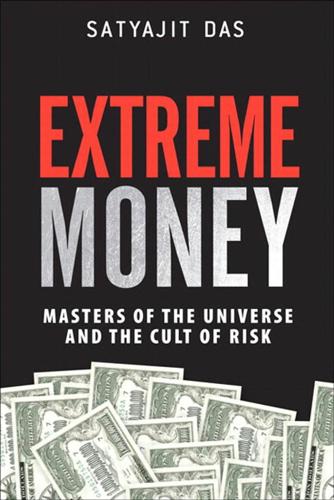
Extreme Money: Masters of the Universe and the Cult of Risk
by
Satyajit Das
Published 14 Oct 2011
On August 21, LTCM lost $550 million, mainly on its credit spread and equity volatility positions. LTCM needed cash to cover losses. The unflappable Meriwether advised that: “we’ve had a serious markdown but everything’s fine with us.”27 LTCM discovered what John Maynard Keynes knew: “the market can remain irrational longer than you can remain solvent.”28 On September 2, 1998 John Meriwether advised investors that LTCM had lost 52 percent of its value: As you are all too aware events surrounding the collapse of Russia caused large losses and dramatically increased volatility in global markets.... Many of the fund’s investment strategies involve providing liquidity to the market.
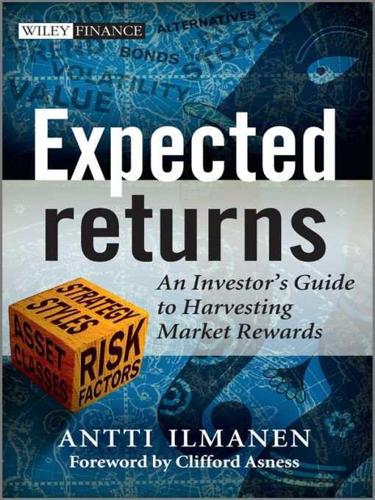
Expected Returns: An Investor's Guide to Harvesting Market Rewards
by
Antti Ilmanen
Published 4 Apr 2011
Three economists besides Shiller warrant mention:• John Maynard Keynes for such pearls as “Most of our decisions . . . can only be taken as the result of animal spirits, a spontaneous urge to action rather than inaction, and not as the outcome of a weighted average of quantitative benefits multiplied by quantitative probabilities” and “It is the nature of organized investment markets, under the influence of purchasers largely ignorant of what they are buying and speculators who are more interested in forecasting the next shift of market sentiment than with a reasonable estimate of future yield of capital assets, that, when disillusion falls upon an over-optimistic and over-bought market, it should fall with sudden and catastrophic force.” Keynes is also credited with a quote that foreshadows a central argument in the limits-to-arbitrage literature: “The market can remain irrational longer than you can remain solvent.” • Hyman Minsky for his insight that financial stability can be destabilizing (because prolonged stable periods make investors extrapolate the stability too far and induce them to overprice risky assets) as well as for his analysis of bubble stages. Each boom starts with displacement (an exogenous shock, akin to Shiller’s precipitating factor) that triggers profit opportunities in some sector.